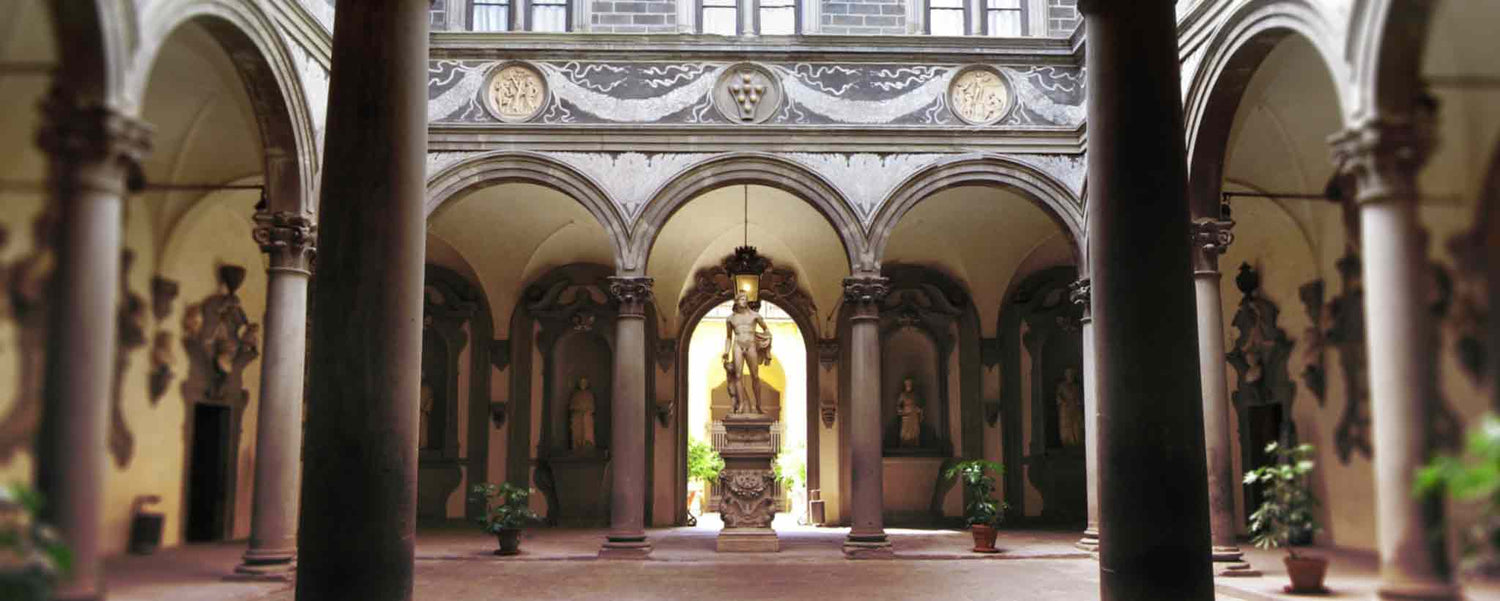Member-Access Only
18 Days After Publication
18 Days After Publication
Short Story Synopsis
Premiere: A 15th-century commercial building designer feels his value diminishing as the Renaissance era catapults other architects into the spotlight, where history, geography, and romance merge.
Delve into a mysterious ClinicalNovellas story with about 3500 cumulative words for reading or listening. Enjoy weekly fictional short story episodes. Membership unlocks a collection of emotionally immersive, interactive experiences enhanced with images and audio.




